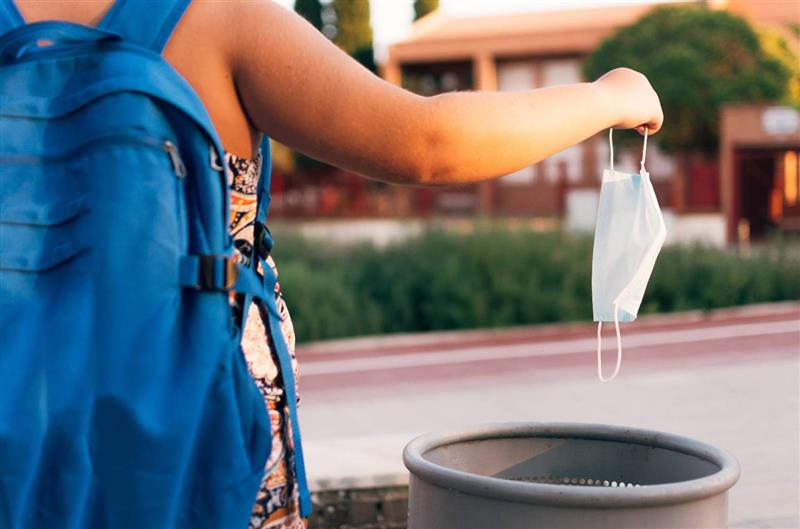
England's chief medical officer Chris Whitty has said his 'greatest worry' is whether people will accept fresh curbs on activities to ‘tackle Covid variants’.
Prof Whitty said he questioned whether 'we could take people with us' if restrictions had to be imposed.
But he added that 'my overall view is, I think we will'. https://www.bbc.co.uk/news/uk-59434196
On Saturday the UK government decided to impose new travel restrictions and force people to wear masks in shops and public transport despite little or no evidence that these measures have any effect on virus transmission. This has not come out of the blue. There is no doubt that the government has taken the advice of behavioural scientists, and have been told people will comply, given the right carrots and sticks.
Behavioural science in practice is mostly straightforward manipulation. One of its most well-known advocates is Susan Michie, Professor of Health Psychology and Director of the Centre for Behaviour Change at University College London (www.ucl.ac.uk/behaviour-change), where she researches people’s behaviours ‘in relation to health and the environment’ and offers advice on how to change them. She is an ‘expert advisor on the UK’s Scientific Pandemic Influenza Group on Behavioural Science (Covid-19) and is a consultant advisor to the World Health Organisation on Covid-19 and behaviour.’ (https://www.ucl.ac.uk/pals/people/susan-michie).
Michie has a simplistic model which she calls the ‘behaviour change wheel’: http://www.behaviourchangewheel.com/. It has three key components which she calls COM-B: capability, opportunity and motivation. If you want to change behaviour (B), she says, you need to focus on these aspects.
In case COM-B is not enough, Michie recommends additional techniques, including: coercion, regulation, legislation and restrictions.
Michie’s work exists in an ethical vacuum. It does not matter what you see as ‘the problem behaviour’, all you need to do is to identify one as a problem and then apply the wheel to it.
For example, if you want to stop people smoking then limit their capability (C) (for example by making tobacco prohibitively expensive), reduce their opportunity (O) (for example by not allowing the display of tobacco products) and change their motivation (M) (for example by frightening them about the consequences). If even this is not sufficient you can add in coercion, regulation and other undemocratic manipulation as you see fit. You can see this crude pattern behind every intervention in this ‘pandemic’.
For the latest irrational mandate the key aspect is M (motivation) – we need to make sure people are so scared that they will want to wear masks, however unnatural this is. But clearly this is not enough on its own so, according to COM-B, we need to make the restrictions law, with penalties for disobedience.
BUT BEHAVIOUR CHANGE WORKS BOTH WAYS
All the behavioural interventions so far have been imposed on citizens, treating us rather like the lab rats most behavioural scientists studied at university. But we do not have to conform to their expectations. We can apply COM-B ourselves, and therefore impact the behaviours of our ‘leaders’.
We can refuse to wear masks on public transport and in shops. By simply behaving in a normal, natural way we can, en masse, reclaim a vital human right. We have the capability (C), many of us have the motivation (M), and we have unintentionally been handed a huge opportunity (O) to do so.
It is proposed that by not complying with the latest mask mandate we can assert our natural right to self-determination